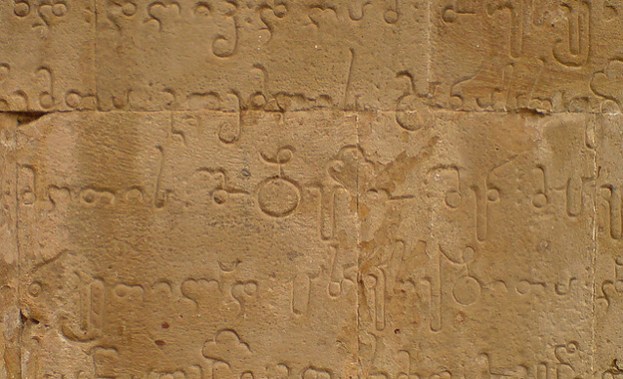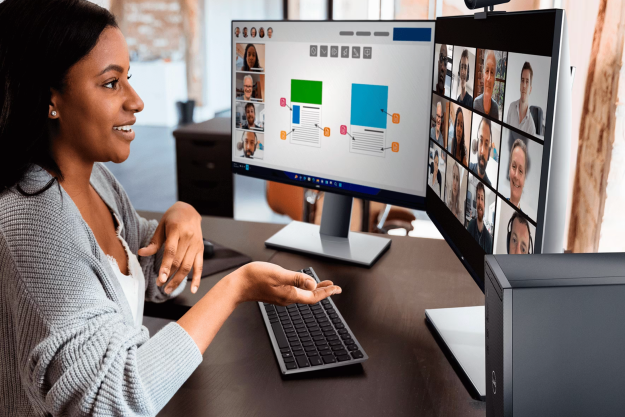
A computer program might help us reconstruct the roots of our languages (called protolanguages), according to a study by a group of researchers from California and Canada. Linguists have been going over different languages with a fine-tooth comb in an effort to piece together puzzles and be able to determine the protolanguages from which modern day languages have evolved, but it’s an arduous task that will take us ages. “It would take hundreds of lifetimes to pore over all those languages, cross-referencing all the different changes that happened across such an expanse of space – and of time,” UC Berkeley associate professor Dan Klein told the BBC. “This is where computers shine,” he added.
The researchers tested the program by feeding it 142,000 words from 637 languages currently spoken around Asia and the Pacific. The program generated a protolanguage scientists believe was spoken in the region roughly 7,000 years ago. Since this was something the researchers knew beforehand, they were able to asses the program’s accuracy. According to the researchers, over 85 percent of the words reconstructed by the computer program were only one character off from the words reconstructed by an expert in Austronesian languages (a language family spread throughout the islands of Southeast Asia and the Pacific).
The reconstruction of protolanguages involves identifying patterns in similar words that have variations in the way they’re pronounced. According to Klein, “the trick is to identify these patterns of change and then to ‘reverse’ them, basically evolving words backwards in time.” As the program has yet to reach 100 percent accuracy, it serves only as a tool to speed up the process by helping linguists. It will not replace them. By digging into the language of our ancestors, we can also know more about their era they lived in, and understand the world’s history a lot more clearly. Time’s Techland blog interviewed Alex Bouchard-Côté, one of the researchers, who said: “If you can figure out if the language of the settling population had a word for wheel, then you can get some idea of the order in which things occurred, because you would have some records that show you when the wheel was invented.”
Image via Morten Oddvik
Editors' Recommendations
- Learn 25 Languages with a lifetime of Rosetta Stone and save $110
- Apple’s trade-in program expands to include Macs at retail locations


